What Does an Abscessed Tooth Feel Like?
If you are having severe pain in your mouth that you fear may indicate a tooth infection with an abscess, how seriously you should take the problem? Should you see your dentist? What does an abscess tooth look like? More importantly, what does it feel like?
An abscessed tooth may feel sensitive to temperature changes. You may notice pain not only in the tooth, but also spreading throughout the jaw. You may have redness and swelling along the gums and on your face near the affected tooth.
A dental abscess is nothing to ignore. At Dr. Dalesandro & Associates, we can inspect the problem and help you determine whether you have a tooth abscess. We then can provide immediate treatments for tooth abscesses that alleviate the pain and fix any underlying problem, such as tooth decay or gum disease, that may be causing the tooth pain and pain in the surrounding tissues.
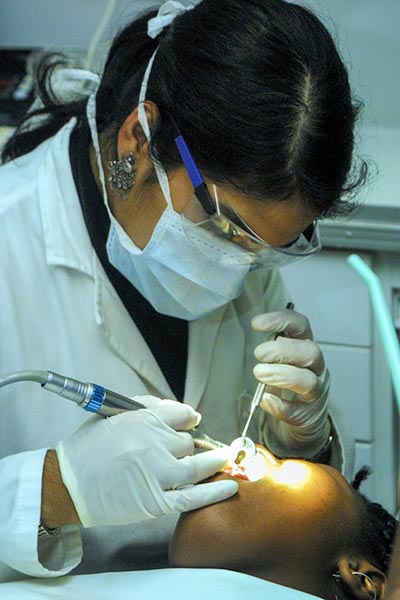
Tooth Abscess Symptoms
Tooth abscesses are bacterial infections in the tooth. The tooth abscess is a pocket of pus-filled swelling inside the jawbone, teeth, and gums. As swelling occurs inside the tooth, jawbone, or soft tissues of the mouth, it causes pain and tooth sensitivity to hot and cold.
In addition to the stinging pain, tooth abscess symptoms may include both visual signs of a tooth abscess and sensations of discomfort that indicate a problem.
What an Abscessed Tooth Looks Like
Depending on the location of your tooth abscess, you may not be able to easily see the area of the mouth or surrounding tissues. Try to use a mirror or have someone else look in your mouth for visual symptoms. What does an abscessed tooth look like?
- Swelling of the gums in the area
- A raised area on the gums that resembles a pimple
- Discolorations in or near the affected tooth
- Swelling in the face or jaw near the area
- Swollen glands in the neck
- Red skin near the area
You also may notice an unpleasant odor coming from the mouth, even after recently brushing your teeth.
If you notice redness or facial swelling on the skin, an abscessed tooth likely has a serious infection. You should see a dentist immediately for prompt treatment before the infection develops and spreads farther.
What an Abscessed Tooth Feels Like
Even if you cannot see the tooth abscess, you may be able to diagnose the problem through sensations you’re having. Certain types of pain can be a clue to this dental problem.
What does a periodontal abscess feel like? Symptoms of a tooth abscess include:
- Pain in the area when chewing
- Sensitive tooth or teeth to hot or cold temperatures
- Severe toothache or discomfort in the area
- Pain that radiates from the affected area into the gums, jaw, or neck
- A bitter taste in the mouth, even when not eating
- Discomfort in the mouth, jaw, and neck
- A feeling of heat inside the mouth near the area
- Fever
- Heat on the skin near the area
- A feeling of general illness
Again, if you are feeling a fever or heat radiating from the dental abscesses, this likely is a sign of bacterial infection that needs immediate dental treatment.
What Causes a Tooth Abscess?
What does a tooth abscess result from? A common cause of a tooth abscess is dental decay left untreated from incomplete or poor oral hygiene. The area of tooth decay causes a hole or gap in the tooth enamel. Then, bacteria invade and reach the dental pulp in the center of the tooth.
A tooth abscess is a pocket of pus in the tooth pulp that these bacteria cause. The pulp has blood vessels and nerves, allowing the infection to spread from the interior of the tooth to nearby areas of the mouth, upper or lower jaw, and head.
Other causes of abscessed teeth include:
- Broken tooth
- Cracked tooth
- Chipped tooth
- Injured tooth
- Loose tooth or tooth loss
- Gum disease
- Periodontal disease
- Lack of good oral hygiene
- Dry mouth
- Excessive sugary foods
- Poor oral health
How a Dentist Treats a Tooth Abscess
Once you understand what an abscess tooth looks like and feels like, it’s time to seek tooth abscess treatment. Even if you aren’t completely sure whether you have an abscess tooth issue, something is causing your discomfort.
Make an Appointment
Does a tooth abscess require urgent treatment? Yes — it’s best to call our office and request an immediate dental appointment.
Once we see you, our dentist will perform a complete exam to get your abscessed tooth diagnosed quickly. We may take x-rays and visually inspect the tooth. We also may take some medical readings to determine whether you are showing signs of infection.
Common Treatments
Let our dentist determine whether you have tooth abscesses. If so, some of the most common tooth abscess treatment methods we’ll deploy include:
- Draining and flushing the tooth
- Repairing any tooth decay with fillings
- Removing any foreign objects
- Performing a tooth root canal treatment and adding a crown
- Removing the infected tooth
- Administering antibiotics for any infected tissue
- Treating any gum disease
- Taking steps for improving dental health
You can trust our team to focus on alleviating your pain while cleaning up any signs of infection in your teeth gently. We will administer medication to help you avoid serious complications, too. We strive to take care of your tooth in a stress-free manner.
If we need to treat the tooth’s root with a root canal treatment, we will keep you as comfortable as possible throughout the process. We then can help with a restored tooth to return your oral health to normal.
If You Think You Have a Dental Abscess or Tooth Decay, Call Us Today
A tooth with an abscess is nothing to ignore. What does an abscess tooth look like and feel like? It can be quite uncomfortable, causing throbbing pain and a raw area in your mouth.
If you suspect an abscessed tooth, the team at Dr. Dalesandro & Associates is ready to help. Contact us today at (520) 327-5993 to see your dentist for expedited dental care to fix the problem.

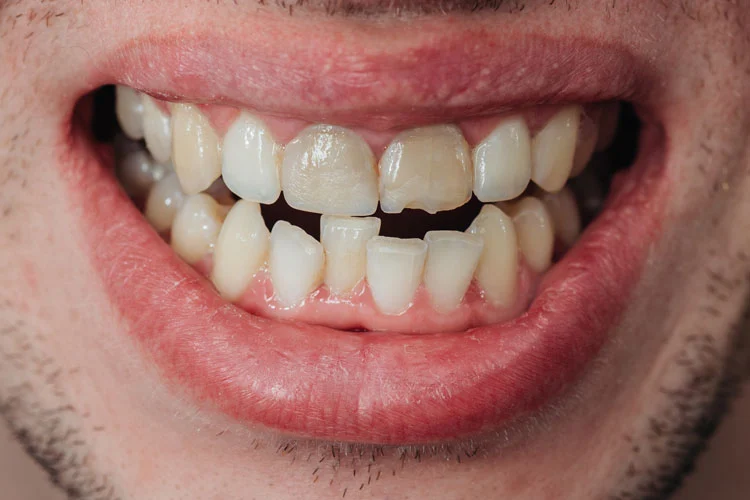
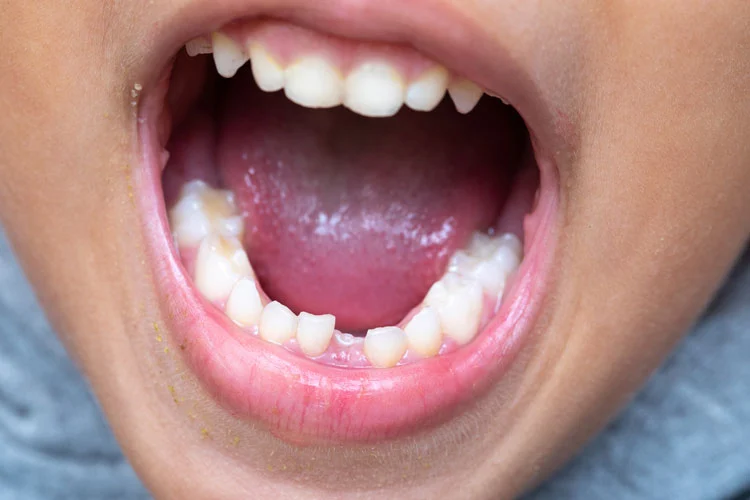
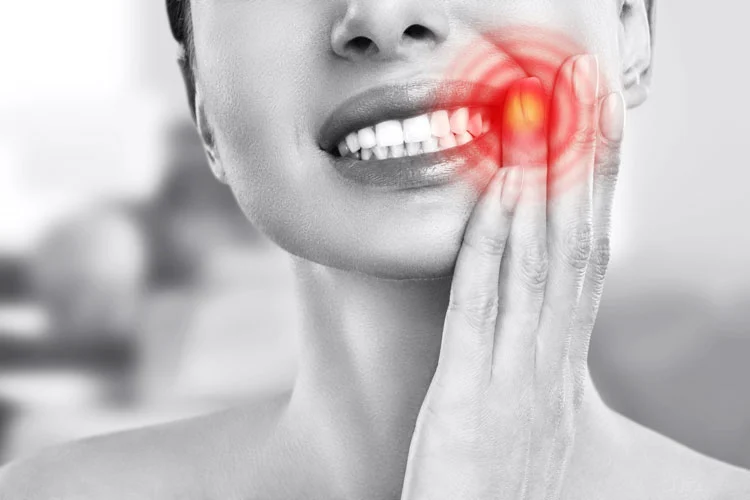
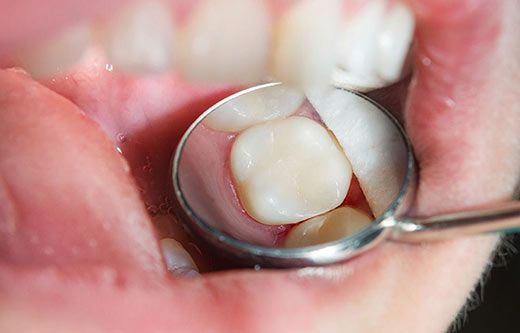 A statistic from FDI says nearly 60-90% of the school children and 100% of adults suffer from tooth decay
A statistic from FDI says nearly 60-90% of the school children and 100% of adults suffer from tooth decay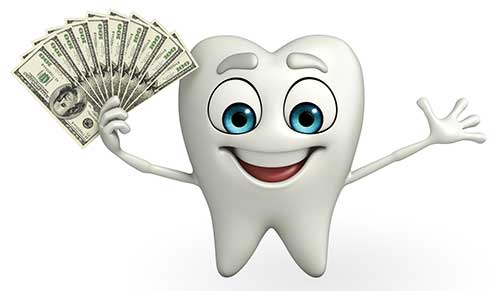 How Much Does Restorative Dentistry Cost?
How Much Does Restorative Dentistry Cost? Is There Any Financial Help for Dental Work?
Is There Any Financial Help for Dental Work?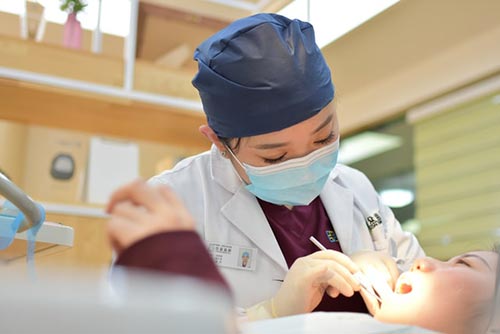 Root canals are commonly performed on individuals suffering from severe teeth rot due to cavities or other conditions. By the time you get to the root canal phase, it’s not an optional procedure; it’s mandatory. Root canals are also required when your teeth become infected to where natural tooth decay will occur.
Root canals are commonly performed on individuals suffering from severe teeth rot due to cavities or other conditions. By the time you get to the root canal phase, it’s not an optional procedure; it’s mandatory. Root canals are also required when your teeth become infected to where natural tooth decay will occur.